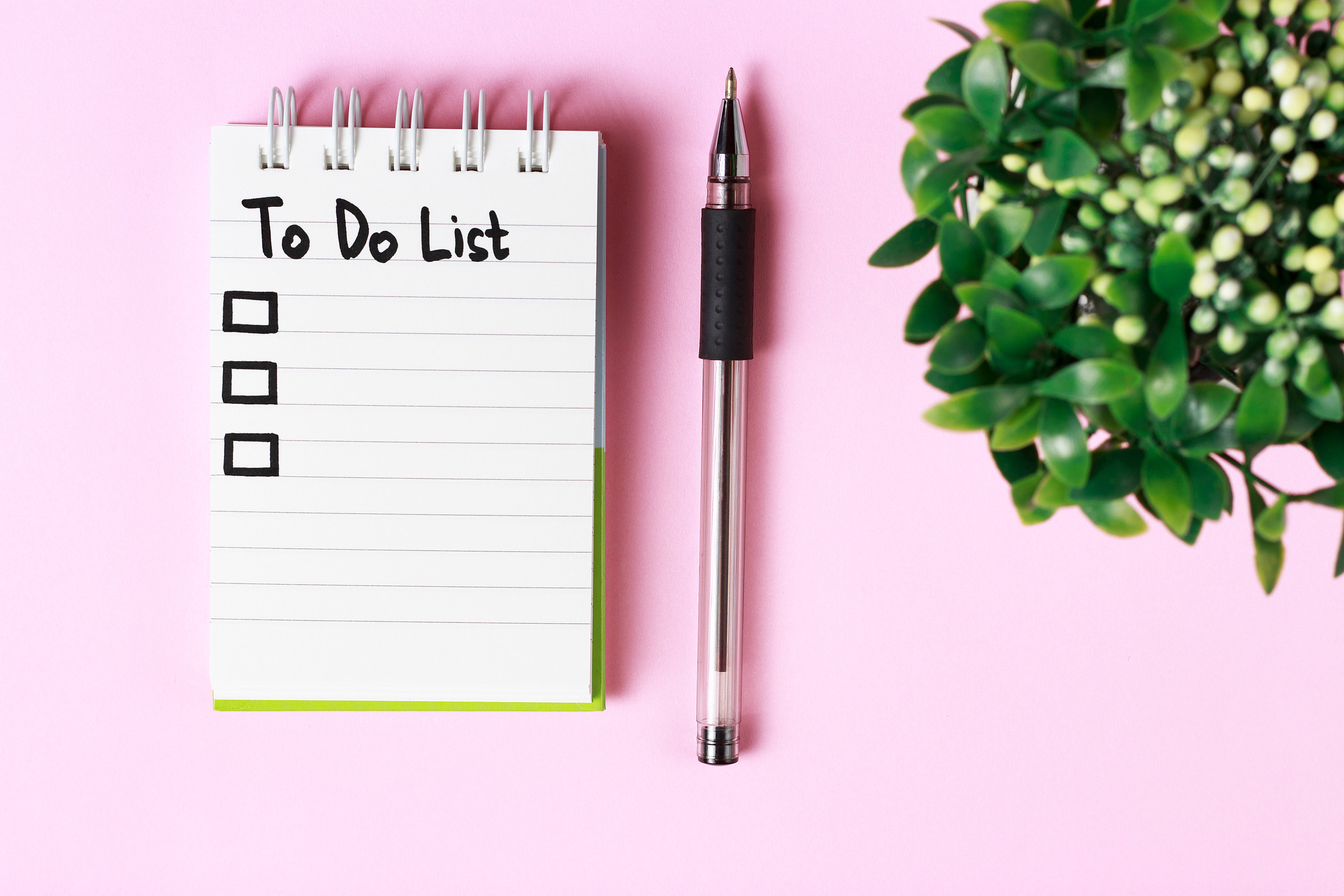Life comes at us fast. Between work deadlines, family obligations, and the never-ending notifications on our phones, it’s easy to feel like we’re being pulled in every direction. Staying organized isn’t just about color-coded planners or minimalist desk setups—it’s about creating systems that actually support your life. The good news? You don’t have to become a productivity robot to make it happen.
With a few strategic shifts, you can build habits that bring clarity, calm, and a little extra breathing room.
Start With Your Priorities
It’s tempting to dive headfirst into a long to-do list every morning, but doing so often leads to burnout. Instead, take a moment to ask yourself what truly matters right now—this week, this season, this year.
When you organize your life around your real priorities, everything else starts to align more naturally. You’ll find yourself spending less time reacting and more time moving with intention. Let your to-do list reflect your values, not just your obligations.
Create a Weekly Reset Ritual
One of the most powerful things you can do to stay organized is to carve out time each week to pause and reset. This could be Sunday night with a cup of tea, or Monday morning before emails start flooding in.
Use that time to review your calendar, clean out your inbox, and plan your meals or errands. It’s less about controlling every detail and more about giving yourself a moment to breathe and regroup. A weekly reset helps you enter each week feeling proactive instead of overwhelmed.
Declutter Your Physical Spaces Strategically
No, you don’t have to go full Marie Kondo—but clutter does quietly chip away at your mental energy. Start small with spaces you use every day, like your desk, kitchen counter, or bathroom drawer. If it doesn’t serve a purpose or bring you some kind of joy, consider whether it needs to be there at all.
Keeping your environment streamlined makes it easier to think clearly and make decisions without extra friction. An organized space quietly supports an organized mind.
Make Peace With a Digital Filing System
The digital mess can be just as overwhelming as physical clutter—sometimes even more so. Create a consistent system for storing files, notes, and photos, whether it’s on your computer, phone, or cloud storage. Use folders and clear names so you don’t waste time hunting down that one PDF or screenshot when you need it.
Once a month, take a few minutes to delete outdated files and tidy up your digital space. Digital organization is the modern-day version of cleaning out your junk drawer—it’s not glamorous, but it makes life smoother.
Time Block Like a Pro
It’s easy to underestimate how much time tasks actually take when your day is packed with back-to-back items. That’s where time blocking comes in—a method where you assign specific chunks of time to specific types of work. It gives your brain a clear roadmap and keeps you from jumping around inefficiently between tasks.
Leave space between blocks for breaks or things that run long (because life always does). When you give your time a structure, you’ll be surprised at how much more spacious your days start to feel.
Build Micro-Habits That Stick
Big changes are inspiring, but it’s the tiny, consistent actions that actually shape our lives. Choose one small habit that supports your organization goals—like five minutes of tidying at night or reviewing tomorrow’s plan before bed. Make it so simple that it feels almost effortless to keep doing it.
As that habit becomes automatic, you can build on it without feeling overwhelmed. Momentum isn’t created by grand gestures—it’s built slowly, through things you can repeat without resistance.
Protect Your Time Like It’s Your Energy (Because It Is)
Being organized doesn’t just mean fitting more in—it often means doing less, but with greater purpose. Say no to things that don’t align with your priorities, and don’t apologize for needing downtime. Your calendar shouldn’t be a scoreboard of how busy you are; it should reflect what matters most.
When you protect your time, you create space to think, rest, and plan—essential ingredients for staying organized long-term. Treat your time as your most valuable asset, and you’ll stop feeling like life is constantly managing you.
Get Organized, Get Happy
Getting organized isn’t about being perfect—it’s about creating systems that help you live with more intention and less stress. It’s a process that evolves with your seasons, your goals, and your energy. You don’t have to overhaul everything overnight; just start with one or two shifts that feel doable and meaningful. Trust that consistency beats intensity every time.
If any of these ideas resonated with you—or if you’ve discovered your own organizing hacks—make sure that you leave a comment below and share your thoughts. Let’s talk about how organization and greatly improve your life.
Read More
Spring Cleaning Can Save You Money, Here’s How
How Being Unorganized Costs You Money



Leave a Reply